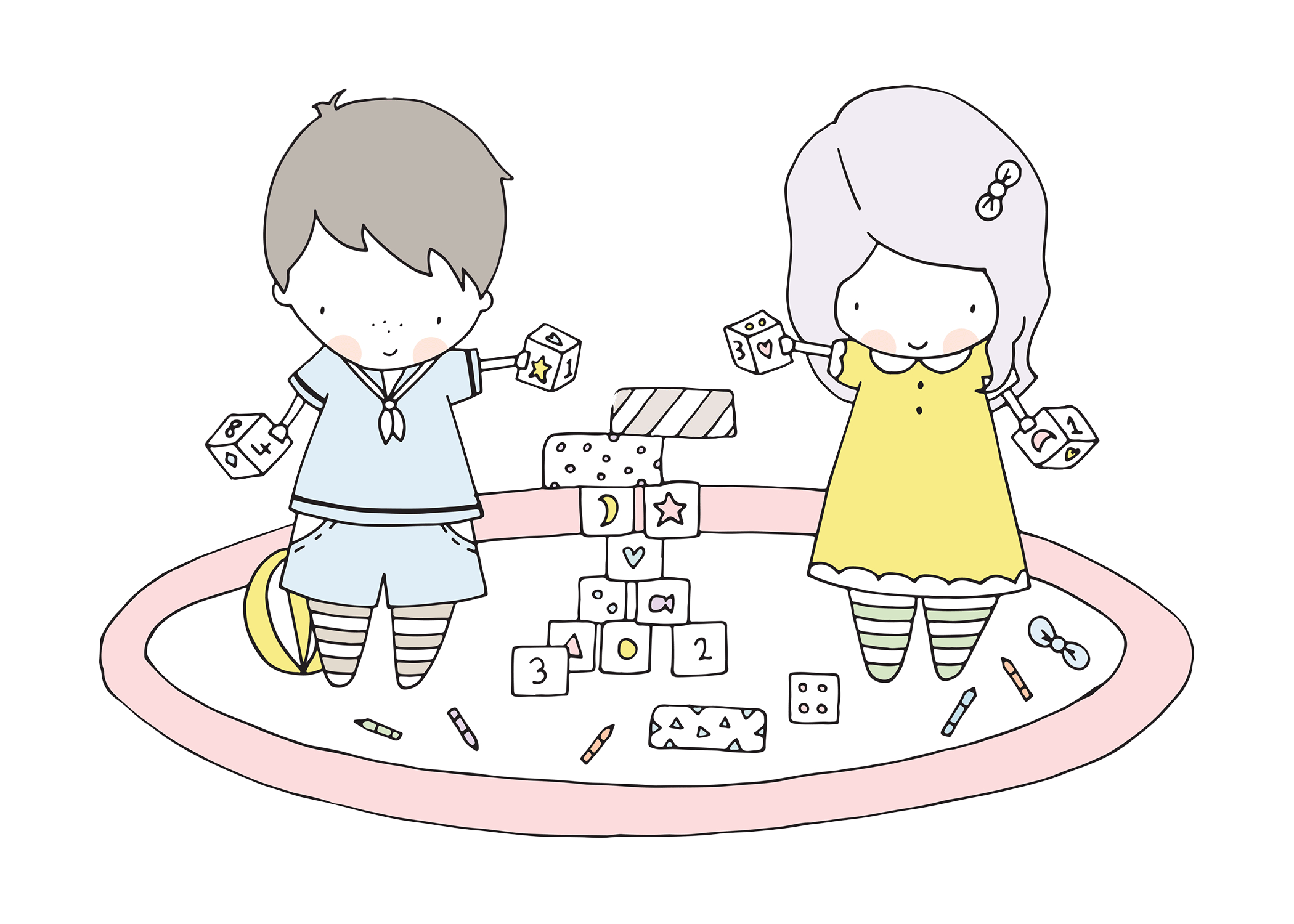What is Pediatric OT?
Pediatric Occupational Therapy helps children develop the skills needed to participate in daily activities or “occupations” to the best of their ability. These activities can include self-care tasks, play, school-related activities, and social interactions.
WHAT WE DO

Fine Motor Skills
We help children work on fine motor skills so they can grasp and release toys, develop good handwriting, use scissors, build with blocks and puzzle skills (just to name a few).

Handwriting
There are a number of skills that contribute to skillful handwriting including; control of the small muscles in the hand, coordination skills, hand strength, muscle memory, eye hand coordination, posture. We assess all of these skills and use a fun multi-sensory approach to develop handwriting skills.

Social & Emotional Regulation
We support children who have challenges with social skills, making friends, understanding personal space, or engaging in cooperative play. We work to develop emotional awareness regarding oneself and others.

Gross Motor Skills
We work with children to develop their postural strength and control. Big movements require coordination and balance and include: jumping, participating in sports, using stairs and playing with friends.

Visual Motor / Perceptual Skills
Children who are challenged in this area have difficulty coordinating their movements to what they see.
We assess and work with children on their hand–eye coordination to improve their play and school-based skills including catching a ball completing puzzles, building with blocks, and copying from a blackboard, etc.

Feeding
Eating is one of the most challenging daily activities a person participates in. We follow a child’s lead while finding opportunities to challenge and move the child along the food continuum to aid in their comfort level around foods while also increasing food repertoire.

Sensory Processing
Children who have sensory processing disorders have difficulty with the intake of sensory information, and therefore may have difficulty with self-regulation, motor skills, social skills, self-care skills, and or motor planning abilities.

Executive Functioning
We help children who have difficulty with sustaining attention, organizing tasks, following instructions, staying on task, managing emotions or controlling impulses develop these skills that are necessary for completing day-to-day tasks.

Daily Living Skills
Children's daily responsibilities include bathing, eating, feeding, functional mobility, personal hygiene, grooming, sleeping, toilet hygiene and play. We support children in developing the skills needed for self-care tasks.
